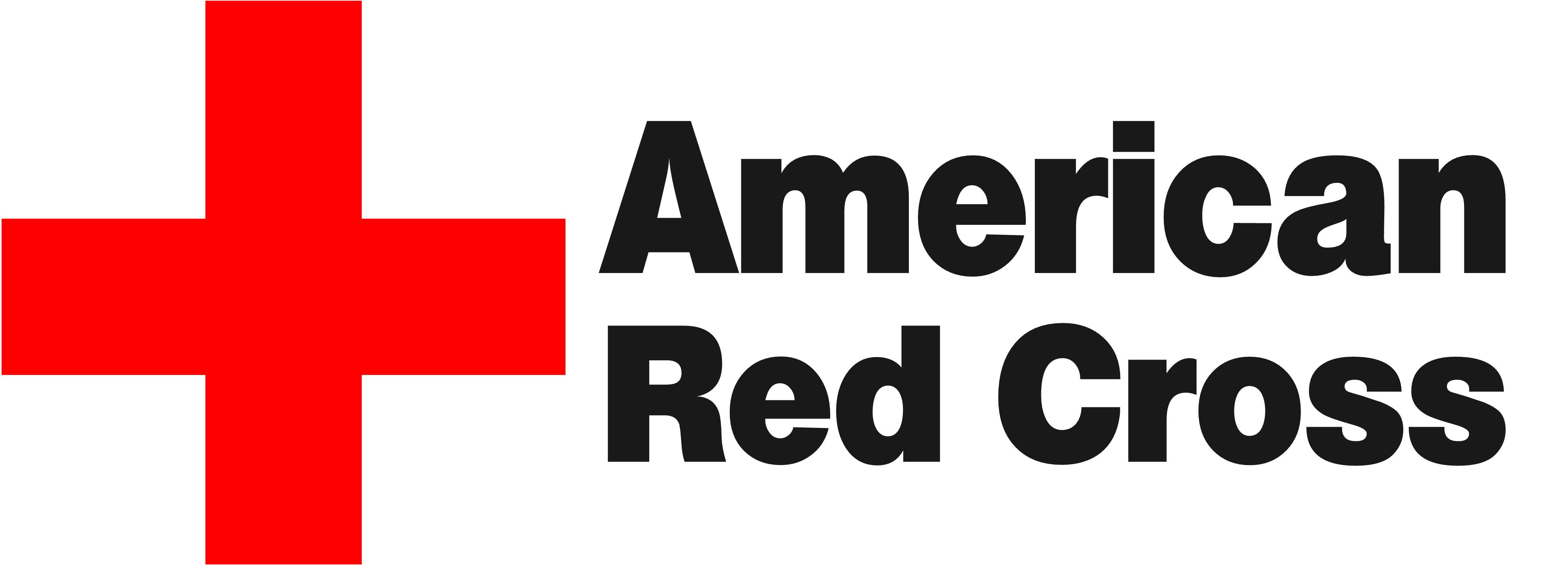By John McFarland //
As we observe the tenth anniversary of Hurricane Katrina, it’s appropriate to remember the contributions of the American Red Cross in the Katrina relief efforts.
While the Red Cross is recognized as a non-profit, tax-exempt charitable organization under section 501c3 of the Internal Revenue code, it is unique in that it holds a congressional charter that designates it as the nation’s lead humanitarian relief agency.
The Red Cross response to Katrina began as the storm (then a category 1 hurricane) approached the Atlantic coast of Florida more than a week before it roared ashore in South Mississippi. Pre-storm shelters were opened in Florida in preparation for landfall and, after the storm swept across Florida and moved into the Gulf of Mexico, hundreds of affected families continued to receive food, water, shelter and long-term financial assistance. Because the National Hurricane Center forecast the storm to continue to grow in the Gulf and eventually strike somewhere along the northern Gulf coast, Red Crossers from across the Southeast and Midwest were activated; more than 400 volunteers and vehicles began assembling in northern Alabama waiting to see where the storm would go while another group began assembling in Louisiana.
Meanwhile, Red Cross chapters across Mississippi went into action, opening more than 40 shelters in South Mississippi on Saturday and Sunday, August 27-28, as emergency management officials ordered coastal evacuations. More than 12,000 South Mississippians rode out Katrina in Red Cross shelters in the coastal counties.
As the storm passed through on the morning of August 29 and began moving upstate, those 400 volunteers and vehicles full of supplies began arriving at a temporary Red Cross operations center in Gulfport (which quickly moved to the Joppa Shrine Center north of Biloxi.) From there, volunteers provided an average of 44,000 feedings a day to people in shelters or delivered by vans to neighborhoods, staffed more than two dozen coastal shelters, and began processing thousands of short-and long-term financial assistance claims.
In just the first two months after Katrina, the Red Cross response was unprecedented: 3.5 million overnight stays in Red Cross shelters (over a half-million overnight stays in the 229 shelters opened throughout Mississippi); over 49 million meals served (13 million in Mississippi); 1.5 million family assistance cases opened (284,000 in Mississippi); and a mobilized workforce of more than 211,000 volunteers (over 20,000 Red Cross staff and volunteers spent at least two weeks in Mississippi). Red Cross staff and volunteers in every state but Hawaii were mobilized. And that was in just the first two months; Red Cross long-term hurricane assistance continued for another six years before the Katrina relief effort wound down, with a final cost of over $2 billion.
But the Red Cross isn’t just around for major disasters like Katrina. In the past twelve months, the Southeast Mississippi chapter of the American Red Cross responded to more than 600 individual incidents (often single-family fires, windstorms or other local incidents) and assisted 787 families. As part of a national Red Cross commitment to reduce home fire deaths, local chapter volunteers installed 700 smoke alarms in homes following neighborhood canvasses, a project that continues this year. The organization assisted 623 military families through its armed forces emergency services, drew and distributed to local hospitals over 9,000 units of blood, and conducted over 12,000 training units of disaster, health, and safety classes.
Most Red Cross assistance is provided by trained volunteers, and the 772 certified volunteers in the local chapter contributed 25,500 volunteer hours during the year. That volunteer base is how the American Red Cross — without a dime of federal funding — is able to respond to more than 70,000 big and small disasters every year with fewer than nine cents of every donated dollar going to administration and overhead costs.
We hope we never see another Katrina. But we know it’s only a matter of time before we’ll see some type storm damage here along the Coast. So make sure you’re ready by visiting Redcross.org and prepare and download the free disaster planning guides for your family or business. Also download the free mobile apps (search American Red Cross from your Apple or Google app store) full of valuable information for hurricanes, tornados, floods, fires, first aid and other emergencies, which provide real-time alerts and even use your phone’s GPS to show the nearest open shelter in times of emergency. You can also make a donation or sign up to volunteer on the Redcross.org website.
Be Red Cross ready.
John McFarland is the executive director of the Southeast Mississippi Chapter of the American Red Cross.


